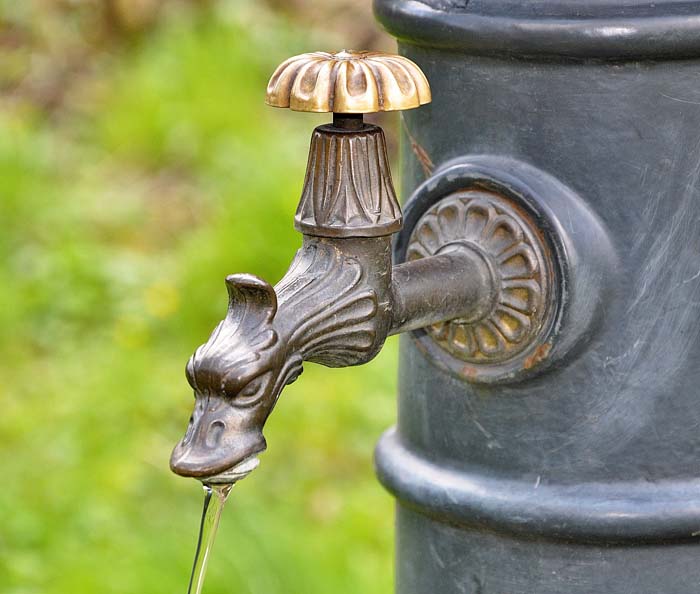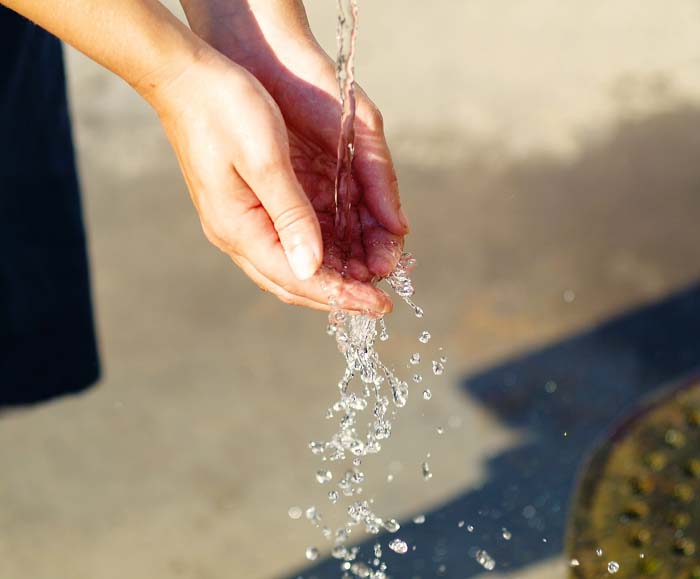
You should take great care to maintain boreholes if you use them to supply water for your home. Your home will have access to potable water for various uses. This includes cleaning, cooking, and farming, as long as you maintain the borehole properly. In addition to ensuring a steady groundwater yield, the maintenance work will make the borehole more efficient. Carefully maintaining the feature will also increase the life of the pumping parts. In order to keep your home borehole in good working order,
Here’s how to maintain boreholes
- Safeguard the area of the borehole.
Keep any outside pollutants out of your boreholes. Underground pollutants in the bore water are a real possibility. Nevertheless, surface pollution is the most common cause of water contamination. This is why keeping the bore free of any outside influences is crucial. Don’t expose the area around the borehole to chemicals that could be harmful. If there is an agricultural operation nearby, you should be extra careful.
Preventing mechanical damage to the pumping components is also important. Your water supply is at risk if the borehole pump fails. To keep the pump in pristine condition and prevent any harm, it is best that you construct a dedicated housing for it. But you have to make sure that you can still reach the unit in order to fix it or maintain it.
- Carry out analyses on water quality.
It is best that you regularly test the water from your borehole. In most cases, your family could be at risk of unidentified hazards if the subsurface water quality drops. But if you catch the deterioration in its early stages, you may get a specialist to pinpoint the cause of the change and fix the problem in no time.
Your chosen lab should examine your borehole for a variety of problems. Pollutants, water hardness, bacteria, and mineral content are all examples of such characteristics. At least once a year, you can run the tests. An analysis may be worth considering if you notice a change in the water’s odor, taste, or color.
- Remove any trees or roots that could obstruct the pump.
Roots and plants are a major cause of damaged pipes and broken pumps. You don’t have to leave the area totally devoid of vegetation. But remember that roots are masters at finding water and can cause problems by clogging pipes or getting into the water supply.
- Repairing and maintaining the pump
Lastly, ensure to take care of your borehole pump per the manufacturer’s instructions. If you want your water supply network to run smoothly, you need this part. Hence, preservation is essential to avoid the hassle and expense of repair. Pump inspections should also be part of your regular maintenance.
Look for unusual motor behavior, loose parts, and rust. You must promptly restore the impacted elements as soon as you become aware of a problem. Keep in mind that borehole repair and maintenance work can be intricate and risky. As a result, you must always work with licensed technicians.
- Engage a professional to clean the borehole.
The removal and cleaning of the pump and the draining and disinfection of the well are two tasks that are best left to the experts. This step won’t be needed often if you follow the other stages on this list. Nonetheless, that is no excuse to disregard it. No matter how minor the issue, such as cleaning out an old pump, it is wise to have a professional look at it.
 How to rehabilitate a borehole
How to rehabilitate a borehole
Methods Used for Borehole Rehabilitation
Although the specific measures required to rehabilitate a borehole will differ based on the reason for the obstruction or decreased flow, here is a rundown of the conventional procedures that you may require:
- The surveyor will do a borehole survey and may ask you questions like:
- What’s the borehole’s diameter?
- How does the current lower yield compare to the previous one?
- When the borehole was first started, how deep was it?
In addition to conducting other assessments as needed, the surveyor may check the water’s pH level. This is to determine the source of the decreased flow.
- A chlorine solution will help to clean the pumping mechanism and any other removable parts.
- After draining the water, the borehole will be carefully cleaned to remove debris or sediment.
- The interior of the borehole needs restoration in the event of any damage. The borehole may need to be re-lined instead of only patched or repaired if the damage is too serious.
- Use chlorinated water to clean the borehole.
- If the borehole has to be chemically cleaned, it will be done now. Dewatering the borehole is necessary to eliminate the chemicals and chemical residue following a chemical cleaning, which can take anywhere from one to three days.
- Disinfect the borehole. The majority of disinfection procedures involve chlorination.
- It is necessary to dewater the borehole after chlorination. Chlorine levels in the water supply will be monitored until they drop below 0.5 mg/L.
- Reseal the borehole.
A lot of boreholes show indications of getting older, like:
- contamination
- partial clogging
- Growth of bacteria
- Casing has damages
- Manganese, iron, and carbonate oxide deposits, among others
- sand invasion
When these things happen, the water quality usually drops, and the yield drops as well.
To avoid having to drill new boreholes or repair old ones, it is often necessary to perform rehabilitation or preventative maintenance on malfunctioning boreholes.
How long will a borehole pump last?
You should expect an 8- to 10-year lifespan from a properly sized borehole pump. In the event that your water pump is acting up, it may be time to get a new one. Other issues with your water system or an undersized pump could be the cause.
Do boreholes ever run dry?
In most cases, the water level in your bore will fall gradually over time rather than going dry all at once. But because water level monitoring isn’t as precise, turning off the pump makes any drop look big. It would help if you kept in mind that you still have water available, even though this may appear concerning.
A bore could suddenly stop working for a number of different reasons. Some bores may run dry during dry weather, particularly in the summer. This is due to increased cumulative drawdown in aquifers and less rainfall.
It is more probable that shallow, unconfined boreholes will run dry than deeper boreholes. A lower pump will be necessary to reach the water supply, but you will still have access to water.
Access to water can also fail due to a bore or pump that is not adequately maintained.
How often should a borehole need servicing?
The treatment and pumping systems essential to a borehole water supply need inspection and servicing at least once a year. Professionals can do these tasks at your convenience and on a prearranged maintenance schedule. This will cause little to no interruption to your water delivery.
Chemicals used to purify borehole water
Although boreholes provide an independent supply of water for industrial uses, they are susceptible to contamination by a wide range of contaminants, including bacteria and harmful chemicals. Common issues like pollution and scale formation necessitate the use of specialized chemicals in borehole water treatment. In order to eliminate some impurities, such as manganese or iron, from borehole water, it may be necessary to change the pH by oxidizing or neutralizing it.
Here are a few examples of chemical oxidants commonly employed in this process:
- Ferric chloride
- Sodium hypochlorite
- Hydrogen peroxide
Is it necessary to flush a borehole?
In order to increase the water output, flushing is necessary when the aquifer pores within the borehole get filled with mineral deposits or sand-sized particles. These can reduce the permeability of the aquifer and make pumping water more difficult. Do not bother trying to fix the underground filter if, after two flushes, the bore is still generating silty water; it is likely broken.
Can a borehole freeze?
The water in your borehole is safe from freezing temperatures since it is much lower than this, maybe more than 100 feet. But there might be above-ground pumps and pipes or other components deep underground that could freeze.
Conclusion
The performance, dependability, and overall lifespan of your borehole water supply system, as well as its critical components, will be enhanced with regular servicing and maintenance. Please contact us at your earliest convenience if you have any questions regarding the best way to maintain boreholes.
